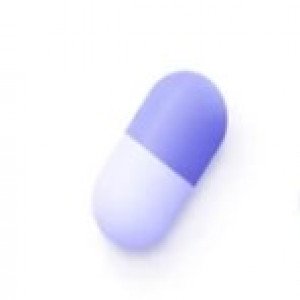 Welcome
Welcome
“May all be happy, may all be healed, may all be at peace and may no one ever suffer."
- A
- B
- C
- D
- E
- F
- G
- H
- I
- J
- K
- L
- M
- N
- O
- P
- Q
- R
- S
- T
- U
- V
- W
- X
- Y
- Z
Testosterone Undecanoate - Brands
Testosterone plays a key role in male sexual differentiation and is involved in regulation of hematopoiesis, body composition, and bone metabolism. As a result, testosterone replacement therapy in males with hypogonadism can result in improved sexual function, increased lean body mass, bone density, erythropoiesis, prostate size, and changes in lipid profiles.
Testosterone is produced by Leydig cells and exerts it's effects by binding to androgen receptors throughout the body. Testosterone affects the voice, genitalia, mood, and influences muscle growth and protein expression. Accordingly, males with low levels of testosterone often experience decreased libido, fatigue, mood changes and dysphoria. Exogenous sources of testosterone are designed to mimic the effects of endogenous testosterone.
To be happy, beautiful, healthy, wealthy, hale and long-lived stay with DM3S.
